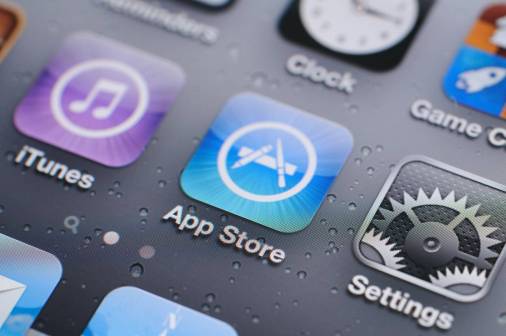Over 300,000 e-books, audiobooks available on California’s new virtual bookshelf

The California State Library last month launched California’s Bookshelf, a statewide, virtual collection of more than 300,000 e-books and audiobooks, accessible to state any resident with an email address and internet connection.
Under the new program, which launched on Mar. 26, local libraries receive grant funds from the state library agency to purchase books for the virtual bookshelf, with a 5% local match requirement, incentivizing public libraries to invest the statewide collection.
Reed Strege, library programs administrator at the California State Library, said the program aims to create a truly shared statewide collection, making books accessible to all Californians.
“The idea is to make it as easy as possible for the local governments to participate with as little as possible red tape. We just feel like that’s the best way to build a truly shared collection,” Strege said. “You know, these local governments and local libraries, the last thing they need is for restrictions and fees and things like that. So we’re really trying to make it easy.”
Strege said the new program immediately saw an increase in reader demand, with 187 libraries participating.
“We got a lot of sign-ups and a lot of check-outs, which was very, very encouraging,” Strege said. “March was by far the busiest month we’ve ever had with the project.”
The statewide program is supported by the U.S. Institute of Museum and Library Services under the provisions of the Library Services and Technology Act, the only federal program that provides funds exclusively for libraries. It’s administered by the California State Librarian Greg Lucas.
Previously, Californians had to log in through their participating local library to access e-books. Now, residents anywhere in the state can access the statewide collection. Strege said the Palace Project, the app housing the collection, uses geofencing technology, meaning users must be in California while accessing the digital library.
“These grant funds can only be used in California. So that was not only a technical feature, but a must, really, because we just can’t have somebody who lives in Nevada or in a different country using the service at this point,” he said.
A 2023 report by the American Library Association found that Generation Z and millennials — the two generations making up the largest cohort of library users across the United States — are changing the way public libraries serve their communities, especially as libraries expand their digital collections and services.






